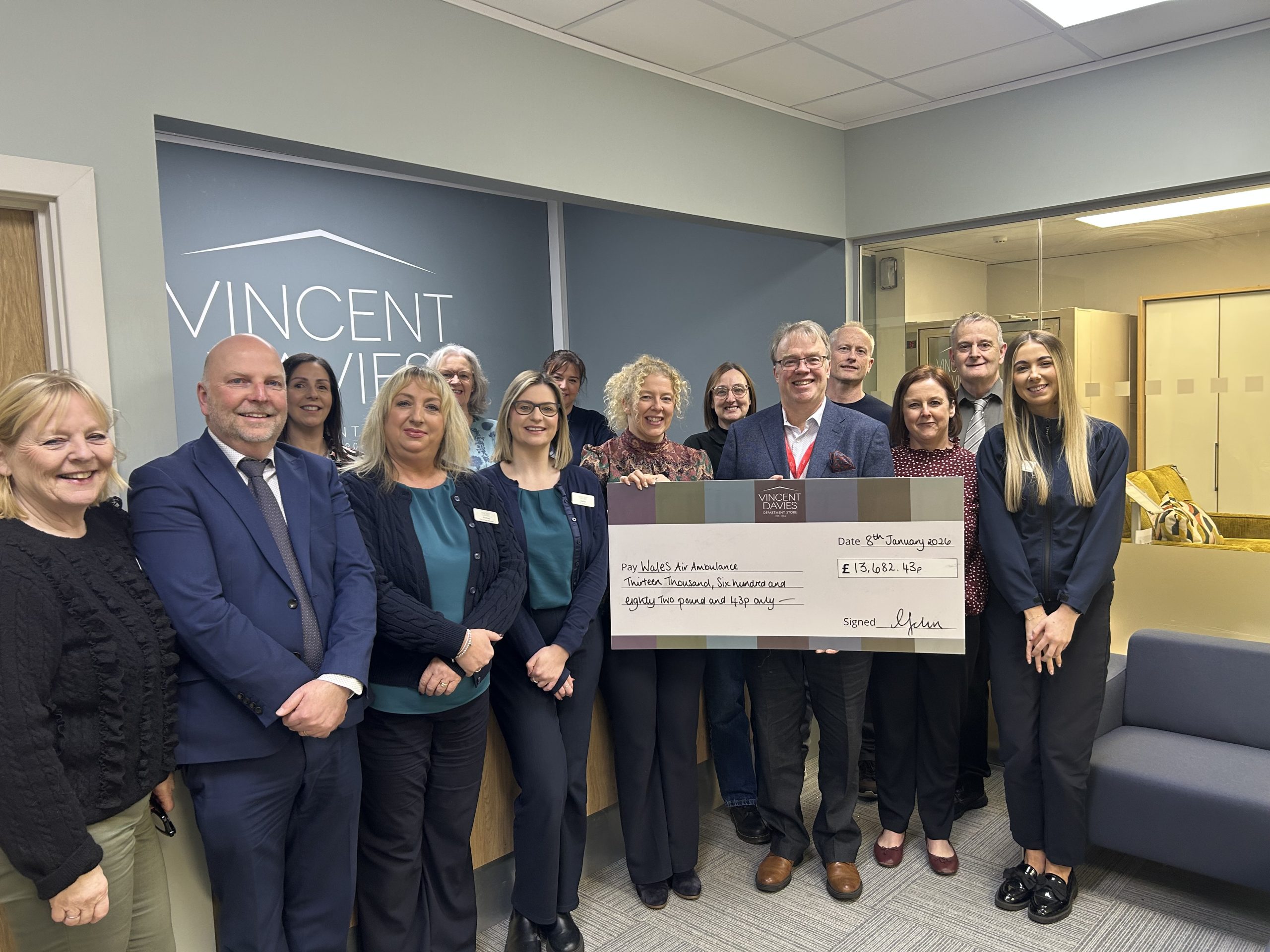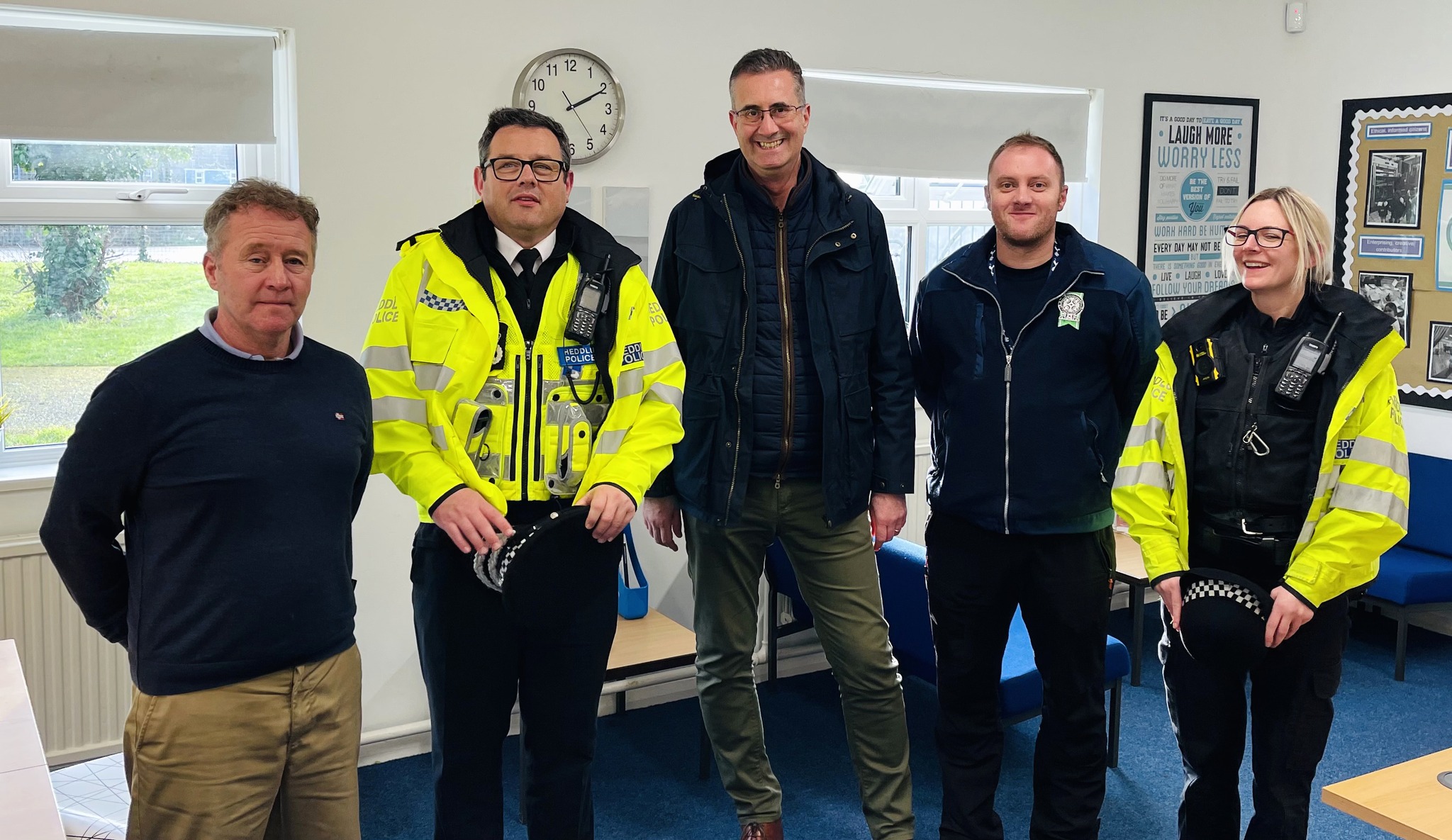News
Government to debate calls for restrictions on young drivers

THE GOVERNMENT is set to debate proposals to introduce restrictions on newly qualified drivers aged 17 to 19, following a petition launched by a bereaved mother whose son was among four teenagers killed in a crash in North Wales.
The calls for change have intensified after a coroner raised concerns over young drivers carrying passengers, warning that similar tragedies could continue unless stricter regulations are introduced.
Coroner warns of risks in wake of inquest findings
Hugo Morris, 18, Harvey Owen, 17, Wilf Fitchett, 17, and Jevon Hirst, 16, were killed in November 2023 when their car came off a rural road on a bend and overturned into a water-filled ditch in Gwynedd.
The inquest heard that the car, a silver Ford Fiesta, was being driven by Morris, who had passed his driving test just six months earlier. Evidence from a forensic collision investigator suggested he lost control while navigating the bend “a little bit too quickly,” causing the vehicle to understeer. The crash site was not visible from the road, and the wreckage was only discovered two days later by a refuse truck passenger.
Senior coroner for North West Wales, Kate Robertson, said she would write to the Department for Transport and the DVLA to raise concerns about young, newly qualified drivers being allowed to carry passengers, warning that without action, more deaths could occur.
The cause of death for all four teenagers was recorded as drowning, and post-mortem examinations confirmed none of them suffered any significant injuries in the crash itself.
Families demand changes to driving laws
Speaking outside court, Harvey Owen’s mother, Crystal, said her son had been “let down by an outdated driving licence system.” She has been leading a campaign for the introduction of a Graduated Driver Licensing (GDL) system, which would prevent newly qualified drivers from carrying passengers under 25 unless accompanied by an older adult.
Her petition, launched last year, has now surpassed 100,000 signatures, requiring the government to debate the issue in Parliament.
Owen said that her son had been driven on an unfamiliar rural road by a young driver without her knowledge, and that restrictions on newly qualified drivers could have prevented the tragedy.
Wilf Fitchett’s mother, Heather Sanderson, said she and other parents had felt reassured because the driver had passed his test. She added that, at the time, she believed their decision to allow the trip was reasonable, based on the information they had.
Crash investigator says collision was “avoidable”
The inquest heard that there were no mechanical faults with the vehicle, no evidence of dangerous road conditions, and no history of previous serious crashes at the location. North Wales Police forensic collision investigator, Ian Thompson, concluded that the crash had been avoidable.
Thompson calculated that the maximum theoretical speed for safely navigating the bend was 38mph, but after driving the road himself, he said he only felt comfortable taking the turn at 26mph.
Following the crash, additional road signage and chevrons were installed, but a broken fence—damaged in a previous crash—had still not been replaced. The coroner said this would be included in a prevention of future deaths report.
Debate over restricting young drivers
Owen and other bereaved families argue that introducing a GDL system could reduce the number of deaths and serious injuries among young drivers. The campaign group Forget Me Not Families Uniting, which includes more than 150 families affected by similar tragedies, is backing the proposed changes.
Research shows that one in five newly qualified drivers crashes within their first year, with the risk increasing when they carry peer-age passengers. Campaigners say restricting young drivers’ ability to carry passengers could prevent hundreds of deaths each year.
However, critics argue that such measures would limit young people’s independence and mobility. Owen, responding to these concerns, said that while people may worry about restricting freedom, her son’s freedom “has been taken away forever.”
With the petition reaching the required number of signatures, the government is now set to debate the issue in Parliament.
Tragically died: Clockwise from top left: Jevon Hirst, Harvey Owen, Hugo Morris and Wilf Fitchett. (Picture: North Wales Police)
Charity
Vincent Davies raises £13,682 for air ambulance charity

Independent Haverfordwest store backs lifesaving crews with year of community fundraising
A WEST WALES department store has raised more than thirteen thousand pounds for a lifesaving emergency service after a packed year of community fundraising.
Staff at Vincent Davies Department Store collected £13,682 for the Wales Air Ambulance Charity, after voting the organisation their Charity of the Year for 2025.
The independent retailer organised events throughout the year, including an Easter bingo, bake sales, quizzes, raffles, staff sales, Christmas jumper days and a festive wreath-making workshop. Charity jam jars placed in Café Vincent also helped gather steady donations from customers.
One of the most popular attractions was the store’s charity singing penguin trio, which drew smiles from shoppers of all ages and boosted collections.
Sarah John, Joint Managing Director at Vincent Davies, said: “Raising £13,682 for the Wales Air Ambulance Charity is something we are extremely proud of at Vincent Davies Department Store. As a director, it’s wonderful to see our community come together to support a charity that makes such a lifesaving difference.”
The air ambulance is consultant-led, delivering hospital-level treatment directly at the scene of serious incidents and, when needed, transferring patients straight to the most appropriate specialist hospital.
Working in partnership with the NHS through the Emergency Medical Retrieval and Transfer Service, crews can provide advanced critical care including anaesthesia, blood transfusions and even minor surgical procedures before reaching hospital.
Operating across the whole of Wales, its teams travel the length and breadth of the country by helicopter and rapid response vehicle to reach patients quickly in both rural and urban areas.
This is not the first time the Haverfordwest store has backed the cause. In 2016, staff previously raised £5,831 when the charity was also chosen as their beneficiary.
Mike May, the charity’s West Wales Regional Fundraising Manager, said: “We are so grateful to Vincent Davies Department Store for raising an incredible amount for our charity. Throughout the year they put on a variety of different events and what a successful fundraising year it was.
“The charity needs to raise £13 million every year to keep our helicopters in the air and our rapid response vehicles on the road. By raising £13,682, the staff and customers have played an important part in saving lives across Wales.”
The store says it will announce its Charity of the Year for 2026 in the coming weeks.
Crime
Police assess complaints over Mandelson–Epstein links

Met says allegations will be reviewed to see if criminal threshold is met following release of US court files
SCOTLAND YARD is reviewing a series of complaints alleging possible misconduct in public office after fresh claims emerged linking former UK ambassador Peter Mandelson to convicted sex offender Jeffrey Epstein.
The Metropolitan Police Service confirmed it has received “a number of reports” following the publication of millions of pages of material by the United States Department of Justice, and will now decide whether any alleged conduct reaches the level required for a criminal investigation.
Commander Ella Marriott said the force would assess each report individually, stressing that a review does not automatically lead to formal proceedings.
The documents, widely referred to as the “Epstein files”, appear to show Mandelson corresponding with Epstein while serving as business secretary during the government of Gordon Brown at the height of the global financial crisis.
According to reports, Epstein was allegedly given insight into internal policy discussions, including proposals around banker bonus taxes in 2009 and details of a eurozone bailout package shortly before it was announced publicly.
Payments questioned
Bank records cited in the US disclosure reportedly show payments totalling 75,000 US dollars made to Mandelson between 2003 and 2004. It is also claimed Epstein paid for an osteopathy course for Mandelson’s husband.
Mandelson has denied any wrongdoing and said he has “no record or recollection” of the alleged transfers.
On Sunday he resigned his membership of the Labour Party, saying he did not want his continued association to cause further difficulty for the party.
In interviews, he dismissed suggestions that Epstein influenced his decisions as a minister and said nothing in the released files pointed to criminality or misconduct on his part.
Pressure mounts
The political fallout has intensified, with Downing Street confirming Keir Starmer has asked Cabinet Secretary Chris Wormald to carry out an urgent review into Mandelson’s historic contacts with Epstein while in office.
Brown has also called for an examination of whether any confidential or market-sensitive information was improperly shared during the financial crisis.
The case is the latest in a series of controversies linked to Epstein’s long-standing relationships with powerful figures on both sides of the Atlantic.
Police emphasised that no charges have been brought and that Mandelson is not currently under criminal investigation, but said the complaints process would be handled “thoroughly and impartially”.
Community
Councillor meets chief constable to address Monkton and Pembroke concerns

COUNTY COUNCILLOR Jonathan Grimes has met with the new Chief Constable of Dyfed-Powys Police to discuss crime, antisocial behaviour and wider community issues affecting residents in Pembroke and Monkton.
Cllr Grimes, who represents Pembroke St Mary South and Monkton, said the meeting followed his invitation for senior police leaders to visit the area and hear first-hand about local concerns.
The Chief Constable, Ifan Charles, attended alongside officers from the Pembroke Neighbourhood Policing and Protection Team, meeting the councillor in Monkton for what were described as open and constructive talks.
As part of the visit, they also spoke with Monkton Priory Community Primary School headteacher Dylan Lawrence and Danny Nash from Pembrokeshire County Council Housing Services to gather views from education and housing professionals.
Discussions covered a range of issues raised by residents, including domestic abuse, drug and alcohol misuse, antisocial behaviour and environmental concerns such as littering, dog fouling and dangerous or inconsiderate driving.
Cllr Grimes acknowledged recent police successes, particularly in tackling drug-related activity, but said enforcement alone would not solve the area’s challenges.
He said closer cooperation between the police, council services, schools and the wider community would be needed to deliver longer-term improvements.
The councillor added that he plans to encourage residents to form a local community group in the coming weeks, aimed at developing practical solutions and strengthening partnership working across the area.
-

 Health5 days ago
Health5 days agoConsultation reveals lack of public trust in health board
-

 News6 days ago
News6 days agoCaldey still unsafe, survivors warn — despite Abbey’s reform claims
-

 Community6 days ago
Community6 days agoPembrokeshire students speak at national Holocaust Memorial Day event
-

 News6 days ago
News6 days agoKurtz raises Gumfreston flooding in the Senedd as petition deadline nears
-

 Community7 days ago
Community7 days agoStorm Chandra: Morning impacts across Pembrokeshire
-

 Entertainment7 days ago
Entertainment7 days agoRapunzel brings festive magic to Torch Theatre
-

 Crime7 days ago
Crime7 days agoMan denies murdering brother as jury hears of ‘ferocious attack’ at Morriston flat
-

 Crime4 days ago
Crime4 days agoPembroke man accused of child sex offences sent to Swansea Crown Court


























